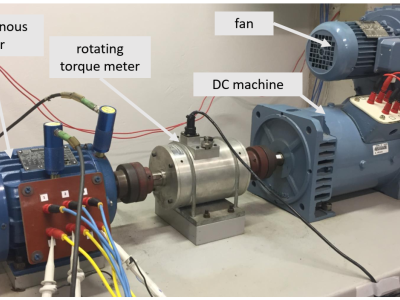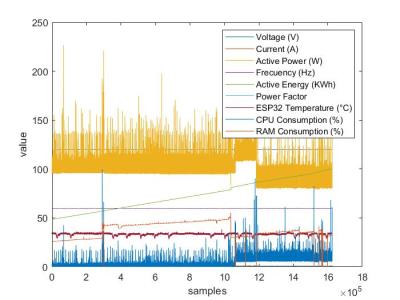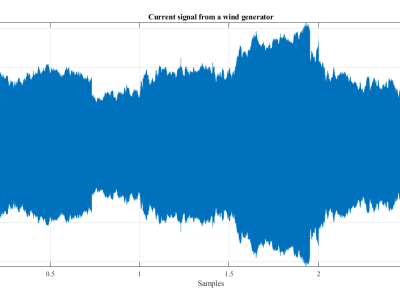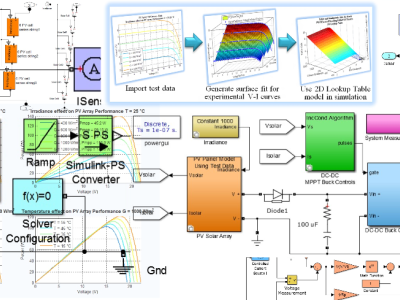The Analysis of Switching Losses of IGBT with RPWM Control

- Citation Author(s):
-
caihua yi
- Submitted by:
- Jiaqing Ma
- Last updated:
- DOI:
- 10.21227/h3nf-rf90
 107 views
107 views
- Categories:
- Keywords:
Abstract
<p><strong><span style="font-size: 9.0pt; font-family: 'Times New Roman',serif; mso-fareast-font-family: 等线; mso-fareast-theme-font: minor-fareast; mso-ansi-language: EN-US; mso-fareast-language: EN-US; mso-bidi-language: AR-SA;" lang="EN-US">When the random pulse width modulation (RPWM) technique is applied to insulated gate bipolar transistor (IGBT) modules, the switching losses are decreased to different degrees. In order to study the principle of this control method, this paper starts from the perspective of Joule heating principle. According to the energy losses and heating characteristics of IGBT module during on-state and off-state processes, the effects of different random pulse width modulation (RPWM) techniques on the switching losses of IGBT module are analyzed and the corresponding theoretical models are established. Experimenting in a three-phase permanent magnet synchronous motor (PMSM) environment, in order to compare the switching Joule losses incurred by the IGBT module with different modulation techniques, four modulation techniques such as random carrier frequency PWM, random duty cycle PWM, random dead zone PWM and non-random PWM modulation techniques are adopted. In addition, the effectiveness of random PWM techniques in reducing switching losses are further verified by comparing the experimental results with different controllers. These research results provide important theoretical guidance for the design and application of power electronic devices, and offer new ideas and methods for improving system performance and reducing energy losses.</span></strong></p>
Instructions:
上传的6个PDF文件是本文中用于分析RPWM控制下IGBT开关损耗的实验数据。








